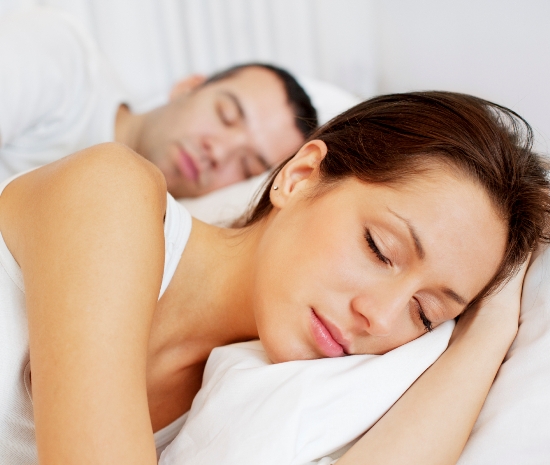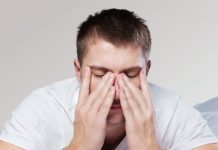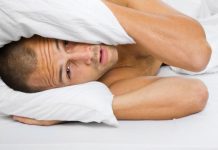Sleeping troubles are very common these days, mainly due to the continuous mental stress, anxiety and tensions. However, if you are facing sleep problems regularly and it is inferring with your daily chores then it can be something serious and will very soon affect your health, energy and emotional balance negatively.
Sleep sets the barometer of your overall health and repeated sleep problems is said to be a sign of some underlying medical complication. It can be some mental tensions or physical health trouble as well. To have a healthy and productive life you need proper sleep and if it’s not happening then firstly analyse the reason behind it.
This article will help you to decide if you have any sleeping disorder, and if yes, then is your physical health condition the cause for it?
Are you Really Suffering from Sleep Disorder?
Feeling sleepy and drowsy all day, not falling asleep soon at night or waking up in the morning feeling tired – these symptoms are not normal. Especially, if this is happening for almost a month you should start thinking of getting a medical check up. Track these symptoms and your sleep patterns, try to incorporate healthy changes to your lifestyle and amend your habits.
6 Physical Conditions that can cause Sleep Disorders
Menopause
Typically within 45 to 50 years, every woman confront this phase when the menstrual cycle ends forever. This result in lots of hormonal changes just like the time it began during your teens. Insomnia is a very common after effect of menopause and studies reveal that 61%of menopausal women suffer from this. Progesterone is sleep promoting hormone that subsides after menopause and thus sleep problems accompanied with hot flashes, sweating etc. is likely to begin.
Diabetes
Blood sugar fluctuations in a diabetic patient does not let him have sound sleep. Sleep disorders get worst with night sweats, and frequent urination. In fact, this case can also happen the other way round – insomnia can also cause diabetes. Doctors say that people who sleep less than six hours have chances of developing type 2 diabetes.
Musculoskeletal Disorders
Arthritic pains make it really difficult to sleep. Most of the arthritis patients cannot stay still due to erratic painful cramps and keep shifting positions which again makes it difficult to go into sleep. You can take a pain reliever during bed time to get some relief. If the condition is serious and you have already developed Fibromyalgia (painful tendons and ligaments) then complete medical treatment is needed as pain killers will not give you much comfort.
Heart Diseases
If you have been troubled with cardiovascular diseases in long run, falling asleep can be problematic. Especially, if you have coronary artery disease or congestive heart failure, sleep problems are closely associated to it. You might be terrified about the fluctuations in circadian rhythms, irregular heartbeat, chest pain, or even a heart attack while sleeping and this anxiety also prevents sound sleep. Try keeping the pillow at elevated position to avoid these risks.
Asthma
If you have asthma you already know the reasons that don’t let you sleep – coughing, breathing difficulties, wheezing and congestion are just few of them! These symptoms gets worse at night as the airway gets constricted and the asthma attack can happen anytime.
Heartburn or GERD
Gastroesophageal reflux disease (GERD) or heartburn is a very common physical condition seen in people of all ages. The acidic juices in the stomach change its route and flows back into the esophagus; this causes irritation and immense burning sensations all over your chest and stomach. If you lie down, the symptoms worsen and sleeping is just impossible at the moment. Avoid heavy meals, fried foods, alcohol, coffee and unhygienic living conditions.
Apart from the above given physical conditions there are many more causes that can lead to insomnia like depression, kidney diseases, thyroid disease, eating disorders etc.














